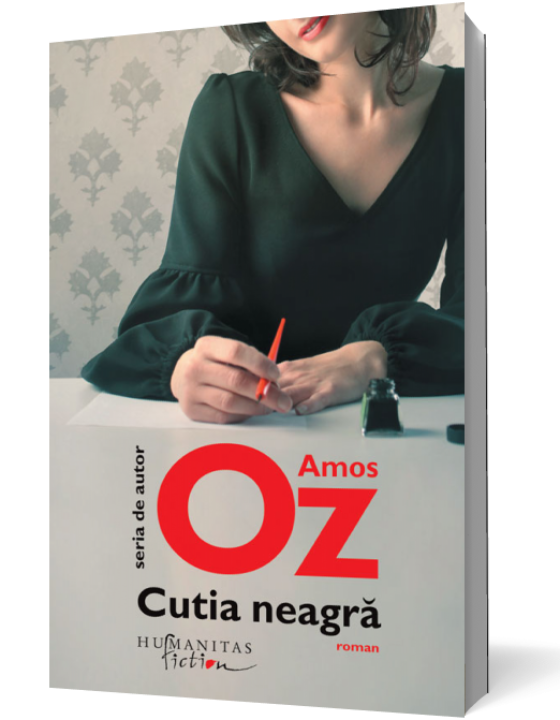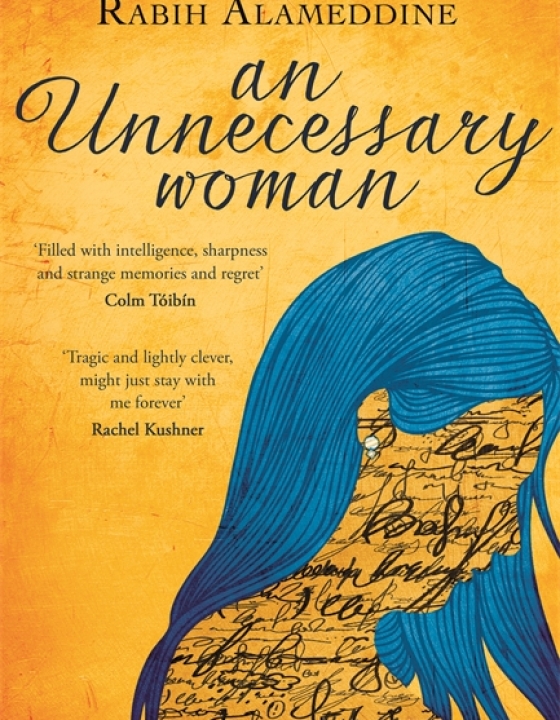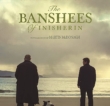Trebuie să recunosc că mi-era puțin teamă de posibilitatea ca un titlu precum “Povestea iubirii” să ascundă un fel de sirop romanțios. Aflând că este vorba despre povestea de dragoste a unor tineri evrei polonezi despărțiți de război, am suspectat că siropul are o esență tragică, complet demotivantă. Fiind totuși semnat de Radu Mihăileanu, filmul merita o șansă. Și mă bucur că i-am acordat-o. Pentru că, deși evenimentele prezentate sunt trăite de oameni prinși între meandrele crâncene din istoria ultimului secol, abordarea nu e angoasantă. E realistă, cel puțin în ceea ce privește ce poate și ce nu poate face dragostea. Poate să transforme vieți și să creeze conexiuni de nebănuit între oameni. Nu poate să asigure fairplay-ul din partea destinului, vremurilor sau măcar din partea celuilalt. Poate să ofere un scop și forța de a-l urmări ani în șir, printre oricâte greutăți, dar împlinirea acestuia poate ține de alte resorturi decât de cele personale.
Acțiunea se petrece în jurul unei cărți demult pierdute, a cărei reapariție completează puncte existențiale de suspensie, punând în legătură doi căutători de sens, adevăr și soluții: un scriitor de vârstă înaintată și o adolescentă sceptică. Un om care a supraviețuit tuturor pierderilor și trădărilor imaginabile fără să știe sau fără să spună dacă a meritat lupta, și o fată care învață tehnici de supraviețuire și crede că dragostea există doar în cărți. Pe parcursul poveștii, mai apar și alte personaje remarcabile, cu contururi bine definite: prietenul cicălitor și neobosit, alter ego-ul lui Leo, personajul principal; băiatul încredințat că este unul dintre cei 36 de oameni sfinți (Lamed-Vovnik) care țin lumea pe umeri; și cele două impresionante personaje feminine, ambele întruchipând ipostaze pitorești ale “celei mai iubite femei din lume”. Chiar și aparițiile ocazionale sunt memorabile: prietenul transformat în trădător, un ticălos desăvârșit prin invidie și oportunism; colega și susținătoarea tinerei Alma, pragmatică și stridentă; iubitul adolescent rus, intens pasional și foarte hotărât. În scenele suport, cu accente subtile, până și absențele sunt pregnante – spectrul tatălui pierdut sau al fiului niciodată cunoscut și îmbrățișat indirect prin îmbrăcarea paltonului care-i aparținuse planează înduioșător, declanșând valuri neașteptate de emoție.
Pentru că am ajuns la subiectul emoție, aș mai insista puțin asupra unui sentiment care m-a urmărit pe parcursul vizionării – cel de nedreptate. Situația lui Leo (Derek Jacobi), jefuit de tot ce a îndrăgit pe lume, este de-a dreptul tristă, dar nu tristețea te izbește, ci cât de injust este ceea ce i se întâmplă. Echilibrul în viață este dat și de redirecționarea sentimentelor care nu-și găsesc împlinirea, iar lui, după ce luptase cât de mult poate lupta un om aflat într-o situație ostilă, nici aceasta nu-i este îngăduit. Ea, Alma (Gemma Arterton), spectaculos de frumoasă, cum numai frumusețea naturală poate fi, e aproape convingătoare în privința alegerilor pe care le face. Aproape, deoarece, de la un anumit punct, îți dai seama exact cât e justificat și cât e inutil în contextul în care se găsea.
L-am revăzut cu plăcere pe simpaticul Elliott Gould în rolul omniprezentului Bruno, energic ca întotdeauna, punctând cu umor situații încordate. De altfel, umorul evreiesc beneficiază de referințe directe în dialoguri, recunoscându-i-se utilitatea psihologică și socială în vremuri de restriște.
O ultimă observație, poate mai subiectivă decât celelalte: secvențele vizuale urbane se concentrează pe specificul acelui New York cunoscut tot din filme, dar pe care nu l-am mai văzut de mult. Acel New York de care, fără să știu, mi-era dor. Iată, așadar, că presupusul sirop, în doza atent calculată și în amestecul potrivit poate deveni un cocktail răcoros și amărui, numai bun de savurat într-o seară de vară cu miros de tei.
I have to admit I was a little afraid of the possibility that a name like „The History of Love” would conceal some kind of a romantic syrup. Learning that the movie was about the love story of some Polish Jewish youngsters separated by war, I suspected that the syrup had a tragic, completely demotivating essence. Still, it was signed by Radu Mihăileanu, so it deserved a chance. I am so happy I gave it! Because, although the events presented are lived by people caught in the terrible meanders of the last century’s history, the director’s approach is not at all anguishing. It’s realistic in regards of what love can and cannot do. It can transform lives and create unbelievable connections between people. It cannot ensure fair play from destiny, times or even from the other person. It can provide a purpose and the force to pursue it for years however hard it may be, but living the dream may be up to other forces than the personal ones.
The action takes place around a long lost book whose reappearance fills in existential suspension points, connecting two seekers of meaning, truth and solutions: a senior writer and a skeptical adolescent. A man who has survived all imaginable loss and betrayal without knowing or saying if it was worth it and a girl who believes that love only exists in books. Throughout the story, there are also other remarkable characters, with well defined outlines: the nagging and relentless friend of the main character, Leo’s alter ego; the boy who thinks he is one of the 36 holy men (Lamed-Vovnik) who hold the world on their shoulders and the two impressive female characters, both embodying picturesque versions of „the most loved woman in the world”. Even occasional appearances are memorable: the friend turned into traitor, a wicked man forged through envy and opportunism; the pragmatic and strikingly colourful colleague and supporter of young Alma; the teenage Russian lover, intensely passionate and very determined. In the support scenes, filled with subtle accents, even absences are significant – the spectre of the lost father or the one of the never known son, hugged indirectly by wearing his coat, they linger in the air, unleashing waves of emotions.
Since we came to the subject of emotion, I would dwell a little on a feeling that followed me while watching the film: the one of injustice. Leo’s situation, robbed of everything he loved in the world, is sad, but what strikes you is not the sadness, but the unfairness of what he’s going through. The balance in life is also given by the redirection of the feelings which cannot find fulfillment, and after fighting as much as a man in a hostile situation could fight, he’s not even allowed this. She, Alma (Gemma Arterton), spectacularly beautiful as only natural beauty can be, is almost convincing about the choices she makes. Almost because, from a certain point, you realize exactly how much was justified and how much was not considering the reality she was living in.
I enjoyed seeing the congenial Elliot Gould again as the omnipresent Bruno, as energetic as ever, making humorous remarks in tense situations. In fact, Jewish humour is directly reffered to in dialogues as a means of survival, having a high level of psychological and social utility in times of turmoil.
A last observation, perhaps more subjective than the others: the urban visual sequences focus on the specifics of the New York I’ve known from movies and haven’t seen in a while. The New York I’ve missed without even knowing. So, there it is, the alleged syrup, in the carefully calculated dose and in the right mixture, can become a cool, bitterish cocktail good enough to savour on a summer evening in the smell of linden.

























What do you think?
You must be logged in to post a comment.